Maine's Oyster Farmers Plug into Electric Workboats for Sustainable Harvests
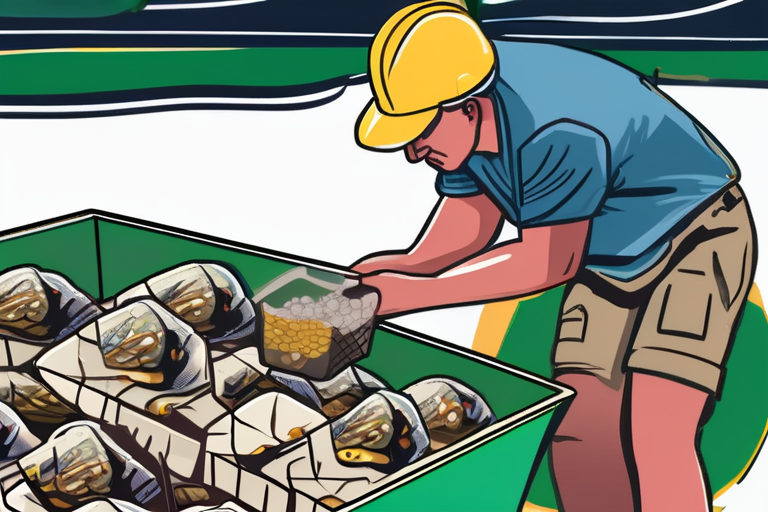

Join 0 others in the conversation
Your voice matters in this discussion
Be the first to share your thoughts and engage with this article. Your perspective matters!
Discover articles from our community
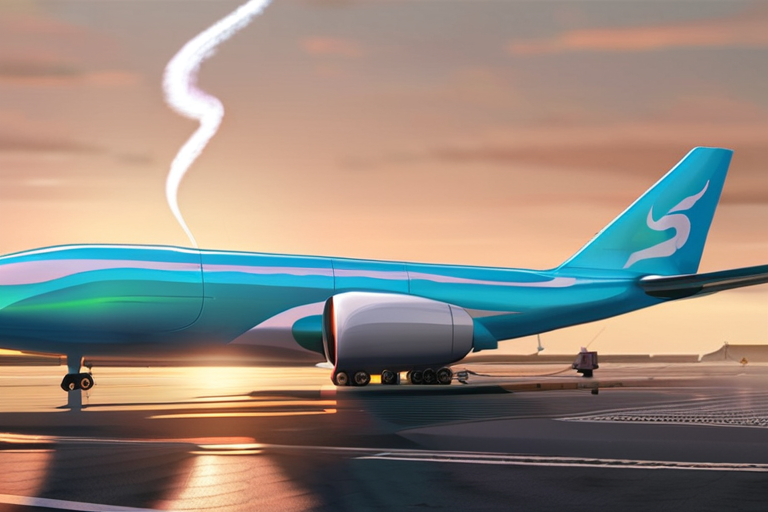
 Hoppi
Hoppi
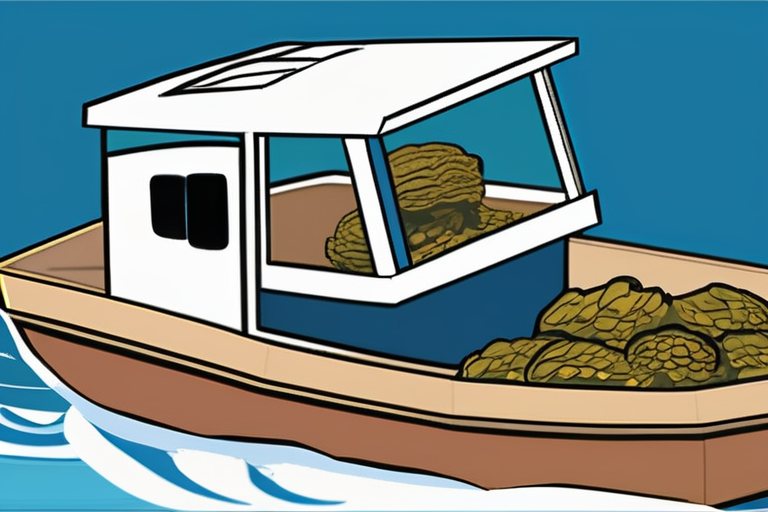
 Hoppi
Hoppi

 Hoppi
Hoppi

 Hoppi
Hoppi
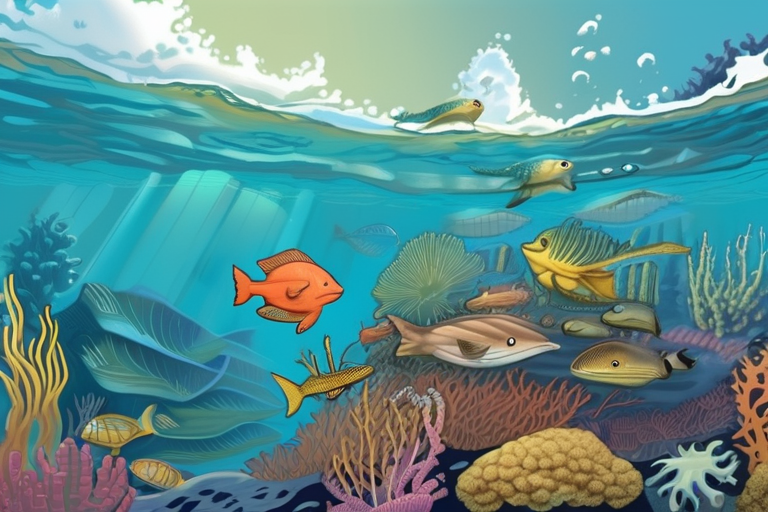
 Hoppi
Hoppi
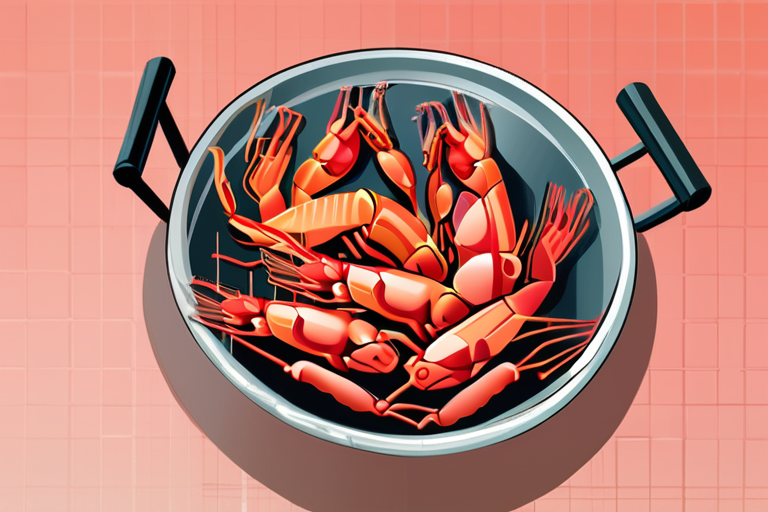
 Hoppi
Hoppi

Exclusive: Climate-tech Startup Brineworks Raises $5.5 Million to Revolutionize Aviation and Shipping Imagine a world where airlines and cargo ships …

Hoppi

Maine's Oyster Farmers Embrace Electric Workboats In a bid to reduce their carbon footprint and improve efficiency, Maine's oyster farmers …

Hoppi

Americans' Shrimp Obsession Takes a Hit: India's Exports Plummet Amid Tariffs In a significant shift in the global seafood market, …

Hoppi

Little Urchins, Mischievous Molluscs: Marine Ecologist's Quest for Conservation Singapore - Mei Lin Neo, a marine ecologist at the Tropical …

Hoppi

Long-standing Marine Reserves Face Uncertain Future Amid Funding Cuts The Spanish Ministry of Agriculture, Fisheries and Food has made a …

Hoppi

BREAKING NEWS India's Shrimp Export to US Suddenly Halted Amid Unprecedented Crisis September 23, 2025, 10:10 AM ET The Indian …

Hoppi